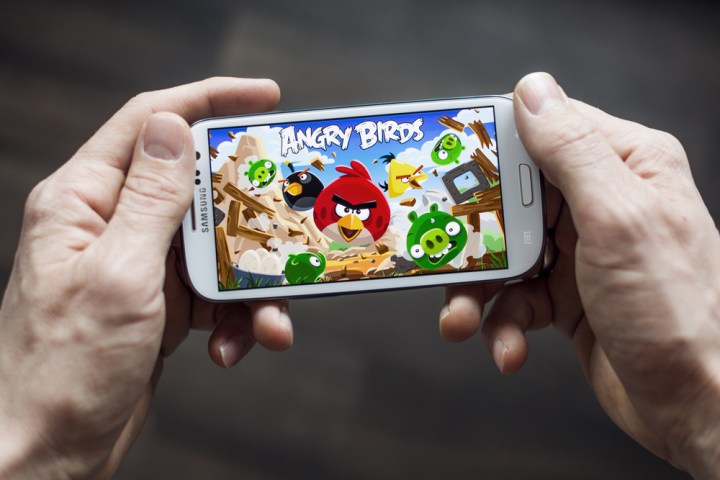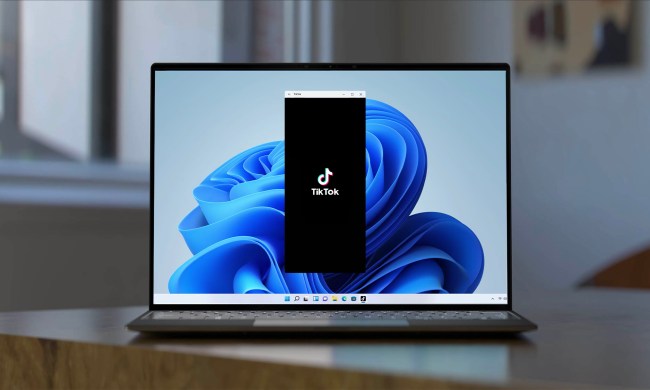
The change in policy affects Rovio’s extensive crop of Windows apps, which include Angry Birds and its many derivations — Angry Birds Star Wars II, Angry Birds Epic, Angry Birds Rio, Angry Birds Go! — plus the spin-off title Bad Piggies. “[The 10 games are] no longer [being] developed for Windows Phones,” the customer service representative said. “[We have] decided to discontinue development of Angry Birds and Bad Piggies PC Games to focus on providing a better experience for these games on mobile devices … The only devices that are still supported and updated are Android and iOS devices.” Rovio has already removed direct links to its Windows Store listings from the official Angry Birds website, although the games remain visible and available for purchase as of publication time.
“Rovio’s games are available on a wide variety of mobile platforms, including iOS, Android and Amazon,” the company said in a statement. “Many of our games are also available on Windows devices, although for commercial reasons this platform is no longer a focus for us, and no further game updates for this platform are planned. However we continue to provide help to all customers, regardless of their mobile device.”
The decision was a long time coming. Windows Central notes that Angry Birds for Windows Phone hasn’t been updated for more than a year, and that Angry Birds Space and Angry Birds Star Wars had yet to adopt Microsoft’s Universal Windows Platform — cross-compatibility with Windows 10 and Windows Phone devices.
Rovio’s decision to abandon Microsoft’s floundering Windows Phone platform doesn’t exactly come as a surprise. According to market analytics company Gartner, Windows Phone device sales saw a decline from 8.27 million units in the first quarter of 2015 year to just 2.4 million units early this year — a global dip from 2.5 percent to 0.7 percent of the global market. The firm estimated that the mobile operating system’s market share dropped below 1 percent in 2016, a development to which Microsoft responded relatively indifferently. The company sold its Lumia smartphone division, a brand which commands more than 90 percent of the Windows phone market, to a subsidiary of manufacturing conglomerate Foxconn for $350 million in early May.
But partially to blame may be the embattled Rovio’s as-yet unsuccessful efforts to combat the declining popularity of its Angry Birds brand. In 2014, the company’s operating profits fell from $39.1 million to $10.7 million, a catastrophic 74 percent dip from a year earlier. In 2015, it laid off 260 employees, or a third of its workforce, and later that year recorded a its third consecutive revenue decline and an operating loss of $14.78 million. But there are signs of a turnaround: The Angry Birds Movie, Rovio’s animated blockbuster made in partnership with Sony Pictures, grossed $150 million worldwide on opening weekend to leapfrog Disney’s Captain America: Civil War.
Originally published on 07-12-2016. Updated on 07-13-2016 by Kyle Wiggers: Added statement from Rovio.


